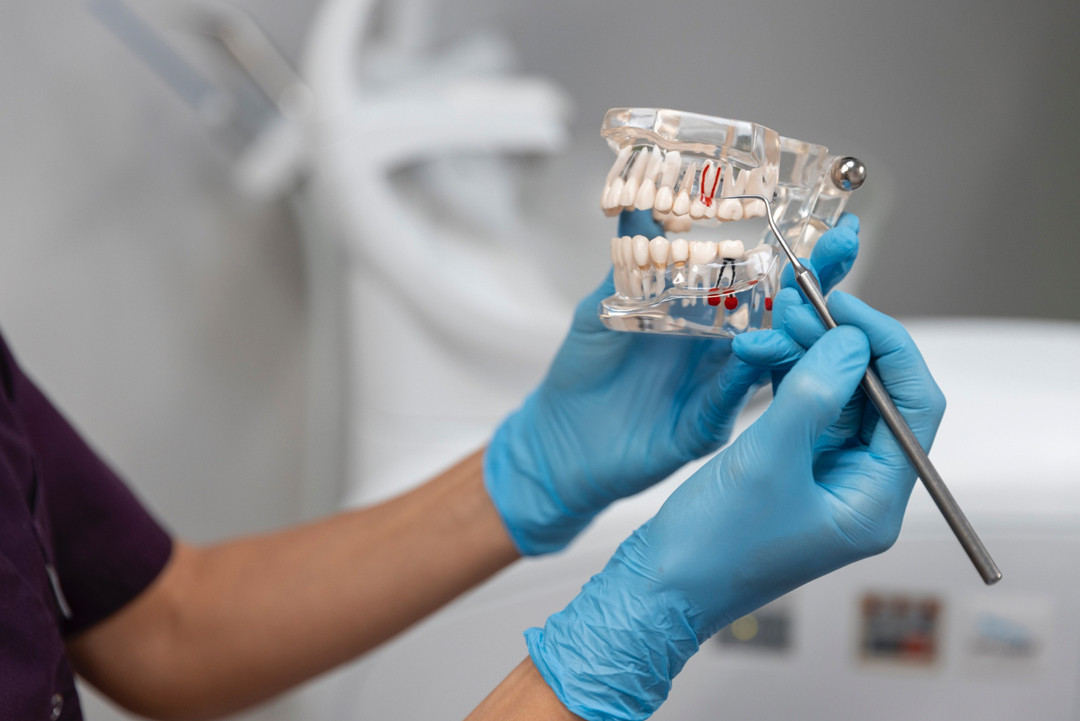What Is Nephrology?
Nephrology addresses disorders and diseases of the kidneys, which are vital for filtering waste, balancing fluids, and producing essential hormones. This field provides comprehensive care for kidney health through medications, lifestyle changes, dialysis, and transplantation.
Common Kidney Conditions
- Acute Kidney Injury (AKI)
- Description: Sudden loss of kidney function due to infections, injuries, or certain medications.
- Treatment: Often reversible with prompt care.
- Chronic Kidney Disease (CKD)
- Description: Gradual decline in kidney function, often due to diabetes or hypertension.
- Treatment: Lifestyle changes, medication, and monitoring.
- Kidney Failure
- Description: Severe impairment where kidneys can no longer function properly.
- Treatment: Dialysis or kidney transplantation.
- Polycystic Kidney Disease (PKD)
- Description: Genetic condition causing cyst formation in the kidneys, leading to damage.
- Diagnosis: Ultrasound.
- Treatment: Symptom management, dialysis, or transplantation.
- Diabetic Nephropathy
- Description: Kidney damage caused by diabetes.
- Treatment: Blood sugar and blood pressure control; advanced cases may require renal replacement therapy.
- Renal Hypertension
- Description: High blood pressure due to narrowed renal arteries.
- Treatment: Medications or surgical intervention to restore blood flow.
- IgA Nephropathy
- Description: Immune system disorder causing kidney inflammation.
- Treatment: Hypertension management and symptom-based care.
- Kidney Stones
- Description: Hard mineral deposits causing severe pain and urinary issues.
- Treatment: Medications, hydration, or surgical removal.
- Glomerulonephritis
- Description: Inflammation of kidney’s filtering units (glomeruli).
- Treatment: Medications and addressing underlying causes.
- Urinary Tract Infection (UTI)
- Description: Infection in the urinary system, more common in women.
- Treatment: Antibiotics and hydration.
Role of a Nephrologist
- Testing: Blood, urine, imaging, and biopsies.
- Treatment Plans: Tailored therapies involving medications, lifestyle changes, or advanced interventions like dialysis or transplantation.
- Monitoring: Ongoing care to ensure treatment effectiveness.
- Education: Guiding patients about kidney health and disease prevention.
Diagnostic Methods in Nephrology
- Medical History and Physical Examination
- Purpose: Identify symptoms, past illnesses, and risk factors.
- Focus Areas: Blood pressure, skin conditions, and general physical findings.
- Urine Analysis
- Tests: Assess for blood, protein, pus, or malignant cells.
- Specifics: Albuminuria indicates nephrotic syndrome and kidney damage.
- Blood Tests
- Evaluations: Hemoglobin, creatinine, electrolytes, and kidney function tests.
- Key Indicator: Glomerular filtration rate (GFR).
- Imaging Techniques
- Methods: Ultrasound, CT, MRI, scintigraphy, and angiography.
- Uses: Diagnose structural abnormalities like PKD or blockages.
- Kidney Biopsy
- Purpose: Definitive diagnosis for complex kidney diseases.
- Process: Analyze kidney tissue under a microscope.
Treatment Options
- Medications
- Purpose: Control blood pressure, diabetes, and inflammation.
- Examples: ACE inhibitors, diuretics, and immunosuppressants.
- Lifestyle Changes
- Recommendations:
- Low-sodium and low-protein diet.
- Increased physical activity.
- Smoking cessation.
- Recommendations:
- Dialysis
- Types:
- Hemodialysis: Filters blood via a machine.
- Peritoneal Dialysis: Uses the abdominal lining to filter blood.
- Selection: Based on patient’s lifestyle and medical needs.
- Types:
- Kidney Transplantation
- Process: Replacement of a diseased kidney with a healthy one from a donor.
- Indication: Advanced kidney failure.
Preventive Measures for Kidney Health
- Monitor Blood Pressure: Keep it within a healthy range.
- Control Blood Sugar: Essential for diabetics.
- Stay Hydrated: Helps prevent kidney stones.
- Avoid Overuse of Painkillers: Can harm kidneys.
- Regular Checkups: Especially if you have risk factors like diabetes or hypertension.
Conclusion
Nephrology offers advanced diagnostic tools and treatments to preserve kidney function and improve patients’ quality of life. Early diagnosis and proper management can significantly delay or prevent severe complications. For personalized care, consult a nephrologist.


















